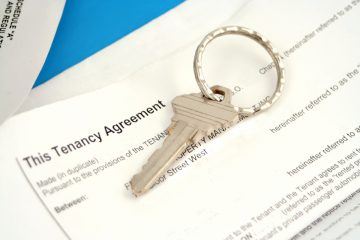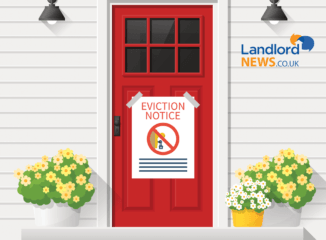The latest English Housing Survey found that private renters had lived in their home for 4.3 years on average. This is up from 4.1 years recorded in the 2017/18 English Housing Survey and 3.9 years in the 2016/17 report.
Property inventory management specialist No Letting Go says that these rising average tenancy lengths make inventories and regular inspections much more important for letting agents and landlords.
It points out that this latest survey shows the average length of residence increased with age. It increased from a mean of 1.3 years for private renters aged 16 to 24, up to 5.7 years for those aged 45 to 64, and jumps to 17.5 years (more in line with the average tenure for owner occupiers) for private renters aged 75 and over.
While the survey implies time in current accommodation was relatively short, time in tenure appeared longer, suggesting that private renters were moving home within the private rented sector (PRS).
It found that most private renters had rented from private landlords for a continuous period of three years or more. In total, 18% had been private renters for three to four years, 24% for five to nine years and 30% for ten years or more.
Older people reported living in the PRS for longer than younger people, with the majority (94%) of young renters, those aged 16 to 24, residing in private rented accommodation for less than five years.
Older tenants are far more likely to have been in the PRS for a longer period, with some 17% of those aged 65 to 74, and 22% of those aged 75 and over, renting for 30 years or more.
Nick Lyons, founder of No Letting Go, comments: “The trend has been this way for quite some time, with the average tenancy length slowly rising over the years. This isn’t surprising given the growth of the private rented sector among all ages in recent times, now accounting for 19% of all households in England, or 4.4 million.
“This means the PRS is now bigger than the social rented sector and responsible for housing nearly one in five households. It’s also only likely to get bigger as people continue to rent for the long-term.”
Lyons says continued high house prices and the ongoing cohort of people who choose renting as a lifestyle choice – for the flexibility and lower levels of responsibility it provides – is likely to keep high levels of people in the rental market for a considerable period of time.
He explains: “While this is undoubtedly good news for landlords and letting agents, in terms of more tenancies, more rental income and more growth for all involved, longer tenancies also potentially increase the problems surrounding maintenance, repairs and wear and tear, which could in turn increase the number of issues at check-out.
“Rather than longer tenancies making inventories less vital, they actually make them more so to increase transparency, create a solid evidence trail and keep issues to a minimum if a tenant decides to move out for whatever reason.”
He added: “Naturally, the longer the tenancy goes on for, the more opportunity there is for every day, general wear and tear and other small bits of damage that build up over time. By having a clear before and after picture, written, pictorial and video-based, landlords and agents can be better set to deduct the right amounts from a deposit if this is required.
“No-one doubts that longer tenancies are better for the PRS – in terms of stability, peace of mind and comfort for landlords and tenants, as well as longer management contracts for agents – but it shouldn’t be a time to get complacent or to take tenancies for granted.
“Partnering with an inventory specialist is a simple, cost-effective way of ensuring tenancies – no matter how long they are – start and end in the right. Because long tenancies have a longer gap between the start and end, for obvious reasons, the need for the check-in report to be as thorough as possible is actually much greater.”




